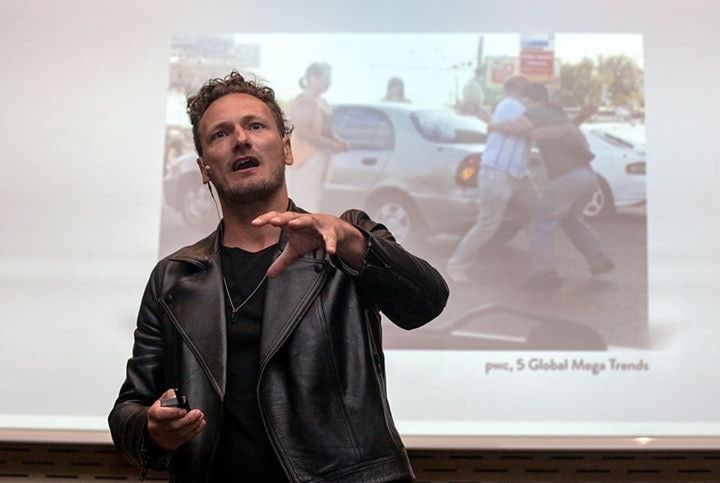This opinion was first published in Bizcommunity South Africa’s biggest marketing news site.
Thomas Kolster is the founder of the Copenhagen-based Goodvertising Agency. Through Goodvertising, he is challenging the way we do business and advertising. A speaker at the inaugural Sustainable Brands Cape Town conference, recently held in the Mother City, Kolster’s session focused on the changing landscape of advertising.
He suggests that the key for the sustainability case lies in advertising, or rather goodvertising. Kolster referred to the VW emissions scandal in making his point. Yes, the CEO was fired and VW’s stocks fell, but recent global sales figures for the brand remained positive. Regardless of all the hoo-ha, consumers were still purchasing VW vehicles. This isn’t data you can present to management in order to make a case for sustainability.
How can advertising drive the sustainability cause?
Kolster believes the answer lies in the value advertising brings to our personal lives. Many people consider advertising interruptive and intrusive – this is evident from the number of people using ad blockers: 20%-25% in European markets, and that figure is on the rise, said Kolster. Advertising used to be a valuable source of information as people learned about new products and services; now we’re doing our own research online.
“People really hate advertising – they do, and I think this is a great opportunity for sustainability and sustainability communication,” said Kolster. In communicating about sustainability, brands are able to talk about stuff that actually matters to people. “Today, a brand is not what you tell people it is, it’s what people tell each other it is, and that is where the real potential is,” said Kolster.
Addressing needs
“Find those connecting points,” he advised. “There’s so much stuff that matters to all of us – whether it’s healthier lives, our children’s education, clean water… I encourage you to find that stuff rather than trying to pretend your coffee is the best tasting coffee,” said Kolster in reference to a tweet that expressed disappointment in “America’s favorite coffee”.
Rather than pushing and creating wants, the focus needs to shift to solving needs, said Kolster, and there are many issues that need solving.
Kolster looked at PwC’s Five megatrends and possible implications set to impact the world up to 2050, using accelerating urbanisation as just one area where brands can become part of the solution.
Providing solutions
He used the BMW i3 DriveNow car-sharing service in Copenhagen as an example of a brand addressing issues associated with urbanisation. The mobility solution is directly interconnected with the city’s public transport system. Members of the DriveNow program are able to use their public transit cards to rent any of the 400 electric vehicles distributed around Copenhagen. The system also allows members to pay for the rental with the same account they use for public transport tickets. Rather than just moving products, BMW are creating feasible solutions for those constantly on the move in Copenhagen.
“My main point is that goodvertising is if you do something that’s good for people and planet, it’s also good for brand and bottom line – a very simple equation,” concluded Kolster.
Thomas Kolster is an expert in sustainable communication and non-profit marketing. He’s the author of the book Goodvertising (Thames & Hudson) – a comprehensive book exploring communication as a force for good. As the director and creative force of the Goodvertising Agency, he helps companies, non-profits and agencies understand this new reality.

